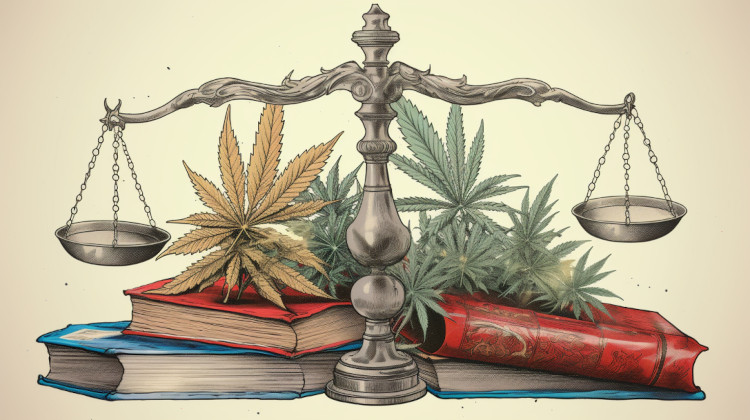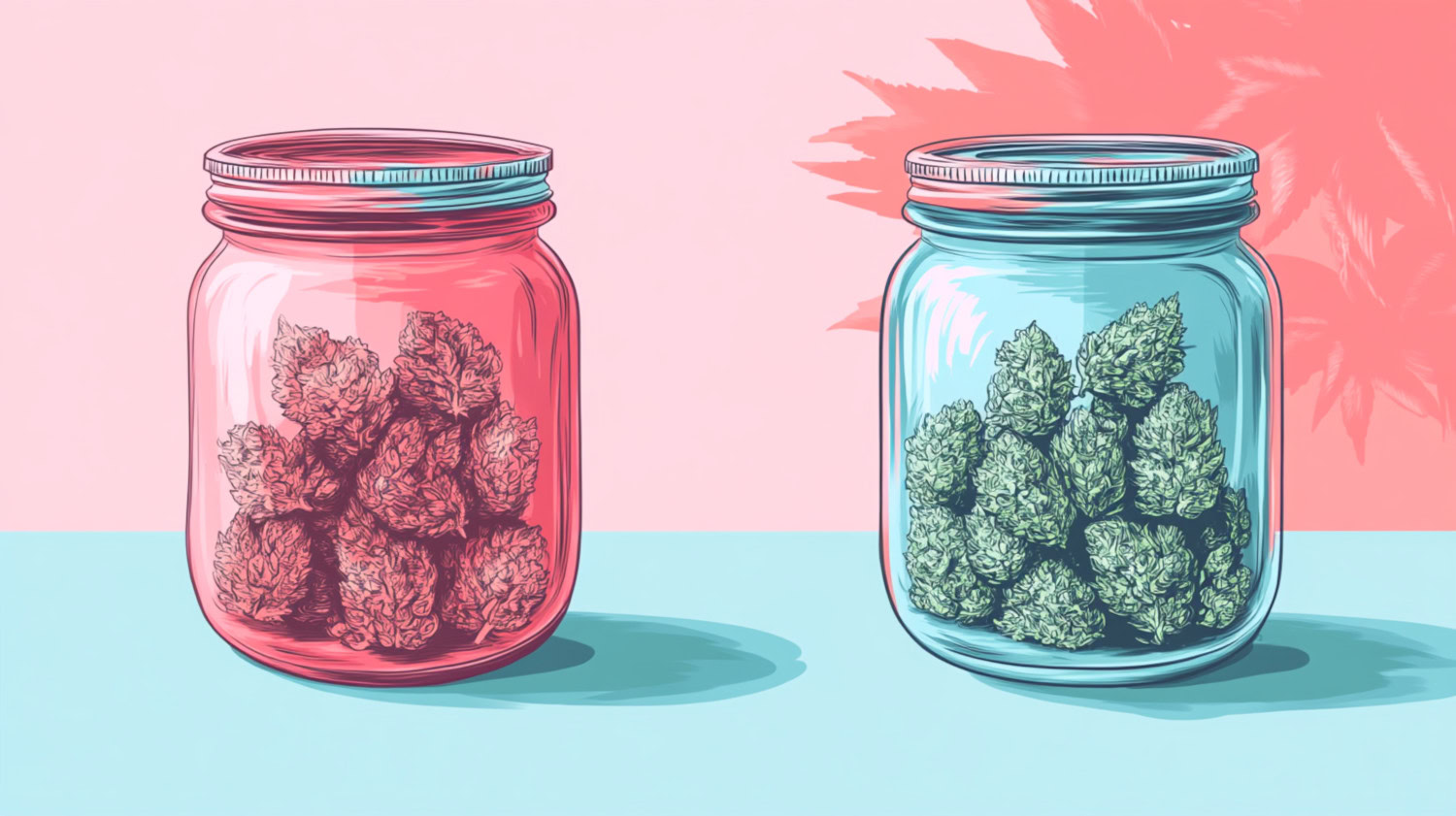In This Article
A federal appeals court ruled last week that all products made from regulated hemp are legal as long as they have a delta-9 THC concentration no greater than 0.3%. The U.S. Court of Appeals for the Fourth Circuit issued the decision on September 5, ruling that the hemp-derived cannabinoid THC-O is federally legal despite a Drug Enforcement Administration (DEA) finding that the compound is a Schedule I drug under the Controlled Substances Act.
The ruling was issued after a North Carolina woman sued her former employer for wrongful termination in a case that hinged in part on the legality of THC-O. In its decision, the three-judge panel wrote that the DEA’s position on what qualifies as federally illegal marijuana is too broad. The court ruled that THC-O, which can be manufactured from other cannabinoids, is legal when derived from hemp produced in compliance with the 2018 Farm Bill.
“To sum up, under state and federal law, then, certain hemp-derived products – those ‘with a delta-9 (THC) concentration of not more than … 0.3% on a dry-weight basis’ don’t come within the definition of an illegal controlled substance, and instead fall under the umbrella of a legal hemp-derived product,” the new ruling states, according to Green Market Report. “The critical distinction that separates illegal marijuana and THC from legal hemp under both state and federal law is a product’s delta-9 THC concentration.”
Decision Agrees With Ninth Circuit Ruling
The court agreed with an earlier opinion from the Ninth Circuit Court of Appeals that rejected the DEA’s interpretation of the Farm Bill. In that decision, the court ruled that the 2018 legislation removed federal restrictions on cannabinoids other than delta-9 THC, including delta-8 THC, a cannabinoid found in unregulated products widely available at gas stations, smoke shops, and convenience stores.
“Because the statute is subject to this other reasonable (and, we think, better,) interpretation,” reads the new Fourth Circuit opinion, “we reject [the employer’s] contention that the DEA’s interim final rule or letter mandates a finding that THC-O is illegal.”
“Between the DEA’s February 2023 letter and [the Ninth Circuit opinion], we think the Ninth Circuit’s interpretation of the 2018 Farm Act is the better of the two,” the judges wrote, according to a report from Marijuana Moment. “And we’re free to make that determination ourselves, despite a contrary interpretation from the DEA, because we agree with the Ninth Circuit that [the federal definition of hemp] is unambiguous.”
“The Ninth Circuit held that it didn’t need to consider the DEA’s position on synthetically derived substances because the definition of ‘hemp’ under the 2018 Farm Act was unambiguous in its application to all products derived from the cannabis plant, ‘so long as they do not cross the 0.3 percent delta-9 THC threshold.’” the judges added in their opinion.
The judges also cited a June U.S. Supreme Court ruling overturning the Chevron doctrine, an earlier court decision that held that courts should defer to federal agencies’ interpretation of ambiguous statutes.
“Even if it were ambiguous, we needn’t defer to the agency’s interpretation, see Loper Bright Enters. v. Raimondo,” the court wrote.
Despite the court’s ruling on the legality of THC-O, it upheld the employer’s termination of the plaintiff, arguing that the worker had not proven she failed a drug test because she had taken federally legal products. The court noted that the fired employee had not provided evidence of the concentration of delta-9 THC of the products she had taken before the drug test.
Cannabis attorney Rod Kight characterized the new court ruling as “groundbreaking and unexpected,” noting that it may also have implications on the legality of THCA, a cannabinoid that is converted to THC when heated by smoking, vaporization, or other means.
“The 4th Circuit’s broad dismissal of the DEA’s position on THC-O, combined with the 9th Circuit’s ruling that delta-8 THC is lawful despite the DEA’s position to the contrary, confirms that federal courts will not defer to the DEA on the Farm Bill when its position is not reasonable,” he wrote in his blog Kight on Cannabis. “Both courts dismissed DEA positions on the Farm Bill that focused on the Farm Bill’s supposed ‘intent” and that required inserting additional language into the definition of ‘hemp’. Instead, the courts focused on the plain and ‘unambiguous’ language of the law in their rulings. This bodes well for the hemp industry. In particular, it seems to be a win of sorts for the burgeoning market in THCa flower, which the DEA contends is illegal.”
The information in this article and any included images or charts are for educational purposes only. This information is neither a substitute for, nor does it replace, professional legal advice or medical advice, diagnosis, or treatment. If you have any concerns or questions about laws, regulations, or your health, you should always consult with an attorney, physician or other licensed professional.




